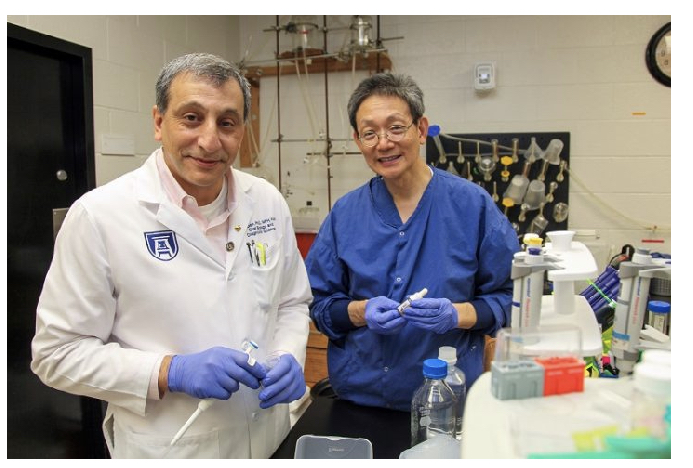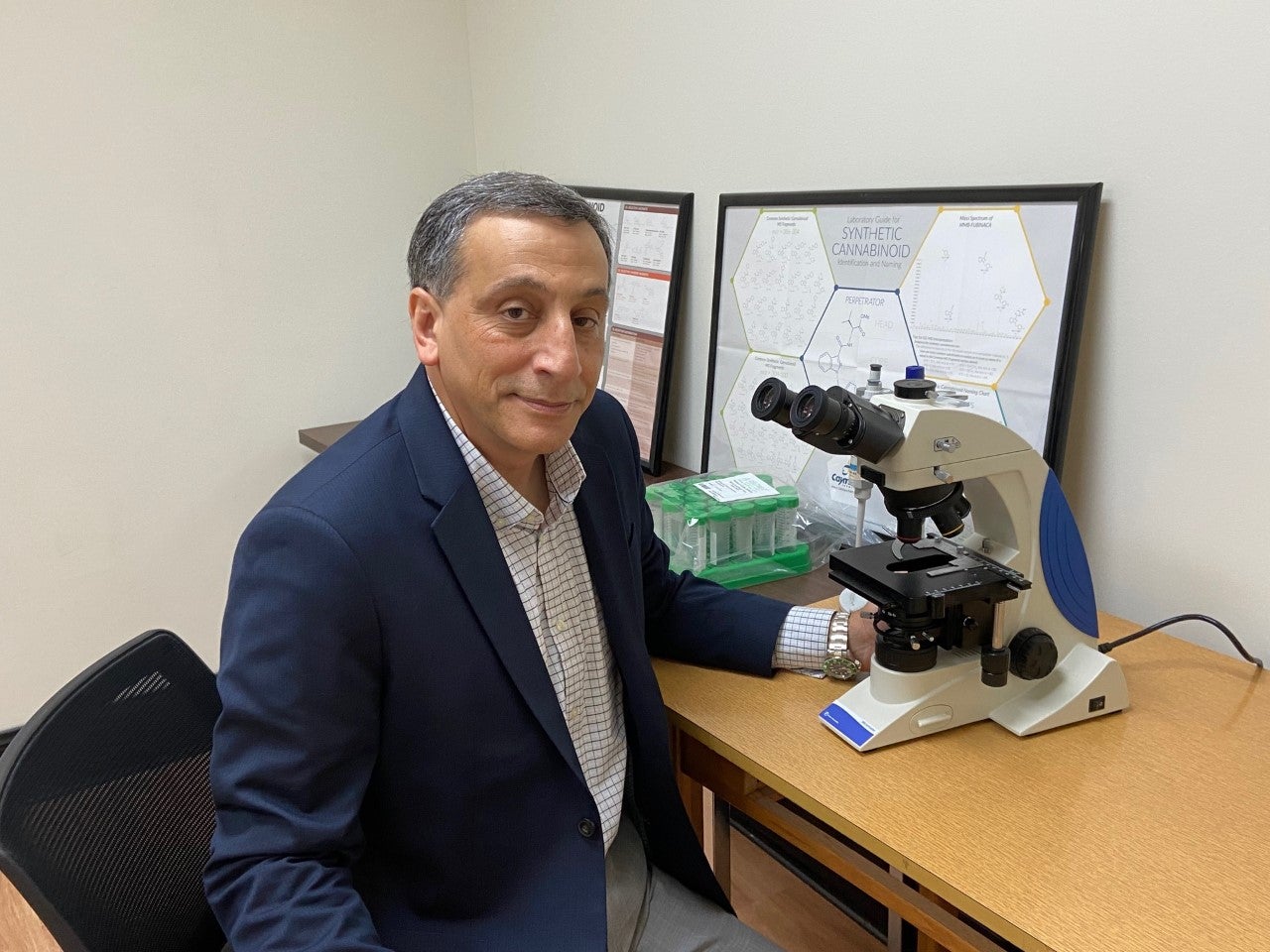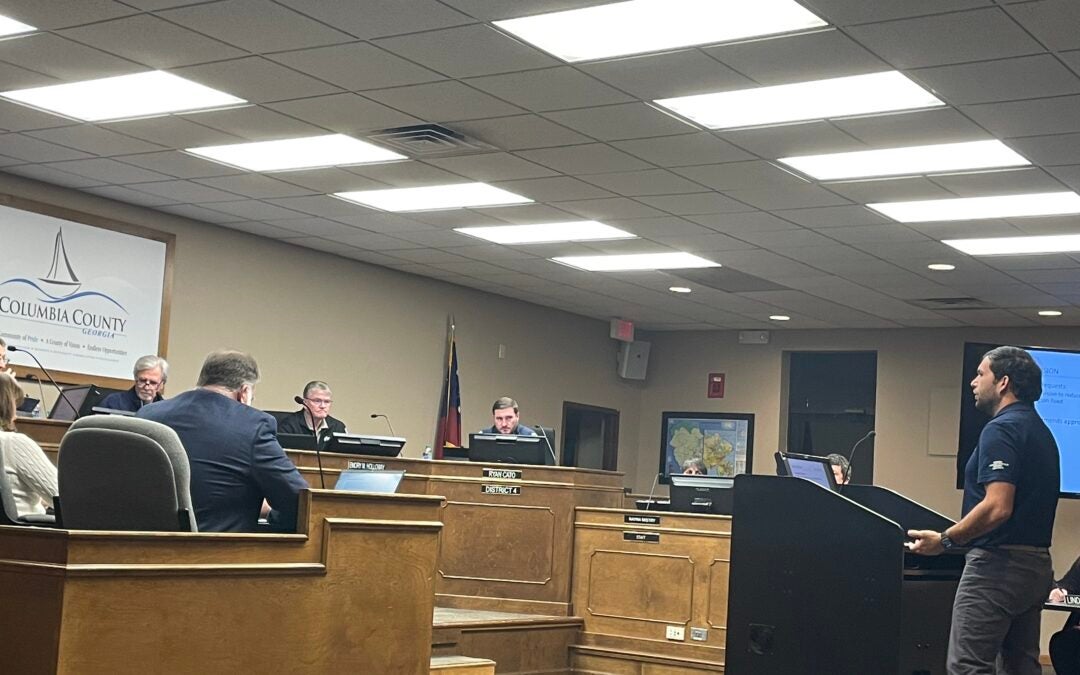Cannabidiol, which is also known as CBD oil, seems to be everywhere with people selling products designed to cure all that ails anyone from migraines to cancer and everything in between. Not only are there applications for people, but there’s a market for animals as well.
Local researchers have created a company to study a variety of cannabis and find appropriate applications. CBD and cannabis byproducts have medical applications, but they do have limitations.
“It’s not snake oil,” said Dr. Babak Baban, who along with Dr. Jack Yu have formed Medical Cannabis of Georgia, a private research and development company, primarily focused on applications for animals at this point.
Baban said the company is the only private entity devoted to research and development of medical cannabis, and one of three total research labs certified by the Drug Enforcement Administration in the country.
“The other two are at state universities,” he said.
Baban, the associate dean for research at the Dental College of Georgia at Augusta University, has an extensive background in research working as the principal investigator of co-investigator in more than 20 grant projects exceeding $21 million since 2010. Yu is a physician scientist and chief of pediatric plastic surgery at MCG.
They are opting for applications in animals at this time so as not to have a conflict of interest with their duties at Augusta University, Baban said.
One of the projects they are working on now involves horses, he said.

Baban and Yu have also researched applications in human beings. In October 2020, Augusta University reported the duo had seen how CBD could “improve oxygen levels and reduce inflammation as well as physical lung damage in their laboratory model of deadly adult respiratory distress syndrome,” according to an article at Augusta University’s website.
“CBD appears to reduce the “cytokine storm” that damages the lungs and kills many patients with COVID-19 is by enabling an increase in levels of a natural peptide called apelin, which is known to reduce inflammation and whose levels are dramatically reduced in the face of this storm,” the article said.
Baban said that the potential uses for the plant and the ultimate creation of pharmaceuticals has been virtually untapped until now. The cannabis plant has more than 600 compounds and 113 cannabinoids, but only two of them are widely researched.
He hopes the research will unlock even more secrets to help with the future development of medicines to help people.
“Our goal is to create a world class laboratory in the state of Georgia. We’d like to put Georgia on the map,” he said.
While the researcher is hopeful, he said it could be many years before medications are developed and put into use.
Charmain Z. Brackett is the Features Editor for The Augusta Press. Reach her at charmain@theaugustapress.com










